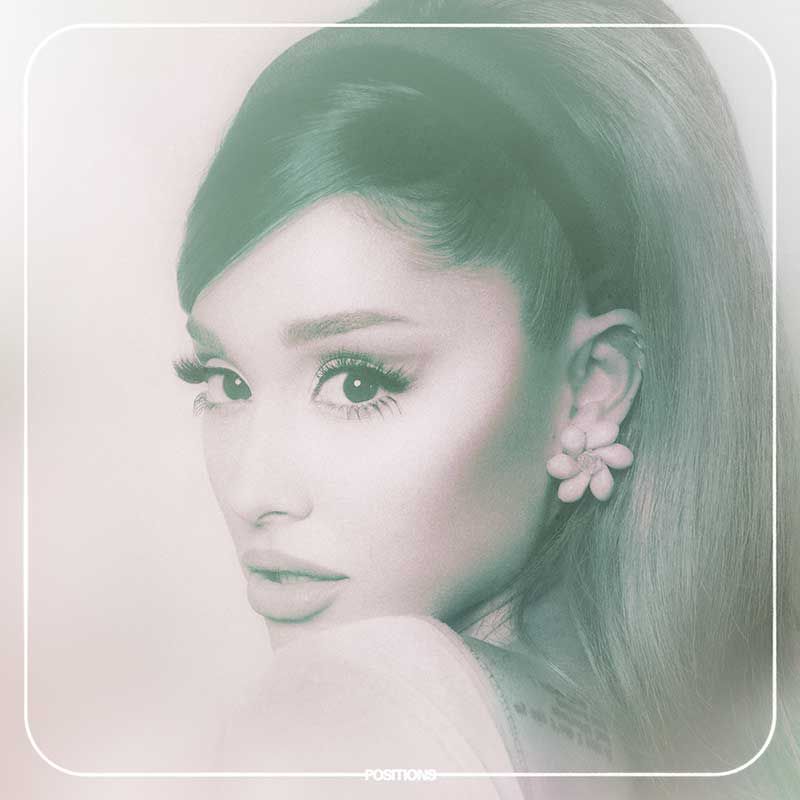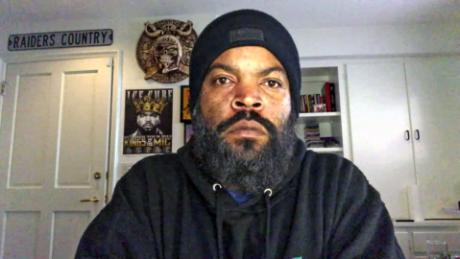Posted at 21:02h
in
Music,
Review
 Ariana Grande leans into the Mariah Carey emulation on Positions, her sixth studio LP and third in two years. The whistle notes appear more than ever before, and the way she uses them is especially Mimi-esque.
Ariana Grande leans into the Mariah Carey emulation on Positions, her sixth studio LP and third in two years. The whistle notes appear more than ever before, and the way she uses them is especially Mimi-esque.
Ariana and TBHits are credited as writers on all 14 tracks of the album, with a host of others — including usual suspects, Tayla Parx and Victoria Monet — providing an assist. The central theme of the album is sex, and unlike previous projects, Ariana stays within the confines of R&B — no random pop ditties here and there.
The album opens with “Shut Up,” a violin-driven track with a meme-ready hook. It’s cute for about the first minute or so, then gets really old really fast.
”Shut Up” is followed by “34+35,” a bop that is as raunchy as it is clever, and a No. 1 hit whenever it gets released — because songs this good rarely get left as album cuts. Sonically, it is exactly what we expect from Ariana, which is basically a revival of late-’90s Mariah.
The Doja-Cat-assisted “Motive” has Ariana grilling a suitor over a beat that is R&B yet house yet trap. The track is by far the most original thing Ariana has ever done and one of the shining moments on Positions. Unfortunately, it is followed by “Just Like Magic,” which sounds dated and downright lazy in style and lyrical content. An entirely skippable dud.
“Off the Table,” a duet with the Weeknd, steers us in a somewhat better direction. The track is definitely in Abel’s sonic territory and makes for great background music.
Ariana rap-sings à la Beyoncé to her sometimes possessive man on “Six Thirty,” which is another one of the album’s best. She teams up with Ty Dolla $ign on “Safety Net,” a decidedly unremarkable track that we could file wherever we filed “Off the Table.”
“My Hair” gives us the most mature-sounding version of Ariana we’ve probably ever experienced. The song can be described as neo-soul-lite — think something you’d hear at a lounge frequented Gen-Xers. The track ends with a lot of whistle note action, and is followed by “Nasty,” which begins with a whistle note that sounds particularly Mariah-ish. “Nasty” is about exactly what you’d expect it to be about, and is sung over a basic-ass track beat. The song kinda comes alive at the bridge, but overall, it is quite forgettable.
“West Side” is a laid-back, semi-futuristic jam that feels cooler than most of the album. The mid-tempo track is just over two minutes long — because Ariana is now a real R&B artist and real R&B artists make their best songs unreasonably short.
“Love Language” sounds like a Neptunes production from 2002. The song, which also has disco-ish elements, ends with a 20-second interlude that is better than most of the album. Ariana plays too much.
“Love Language” is followed by the album’s lead single and title track, and then “Obvious,” the album’s very best song. “Obvious” is squarely in Ariana’s lane, but manages to feel a lot fresher than most of the album — perhaps because the pace of the track is slightly slower than her usual up-tempo pace. It is also one of the stronger vocal performances on Positions.
The album that ends with “POV,” a ballad that underwhelms at first but gets better with each listen.
Positions would benefit from shaving off two or three songs, but overall, it is a solid outing by Ariana Grande. As an artist, she seems to be settling into her style, which is definitely derivative of Mariah Carey’s style, but decidedly bolder in terms of lyrical content.
For an artist on a winning streak like Ari’s, there can be pressure to be “experimental” for the heck of it, but with Positions, she proves that if it ain’t broke, don’t fix it. And in an industry that is always in a hurry to condemn successful, young female artists as “playing it safe,” that is powerful.
Album rating: 8 out of 10 stars.






